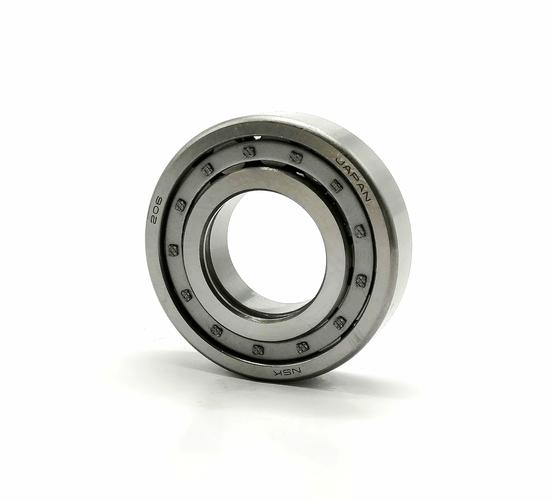Top OEM Self-Lubricating Bearing Manufacturers 2024: Expert Buying Guide
Introduction
The global self-lubricating bearings market is projected to reach $2.3 billion by 2027 (Statista). OEM engineers face critical challenges in selecting manufacturers that deliver consistent quality across high-load applications. This guide provides technical benchmarks, procurement strategies, and market insights to streamline your supplier selection process.
Procurement Guide
Self-Lubricating vs Traditional Bearings Comparison
| Feature | OEM Self-Lubricating | Bronze Bushings |
|---|---|---|
| Maintenance Interval | 50,000 hours | 500-800 hours |
7 Must-Check Features for Heavy-Duty Applications
- ASTM B438 compliance
- ±0.01mm dimensional tolerance
Technical Specifications

Load Capacity Chart
Radial load limits range from 50N/mm² (PTFE) to 180N/mm² (metal-polymer hybrids).
Market Trends
European automotive OEMs demand 0.03mm precision bearings, while Southeast Asian food processing plants prioritize FDA-compliant materials.
FAQ
Are self-lubricating bearings suitable for marine environments?
Yes, when using manufacturers providing saltwater-resistant composite materials.




 13869596835
13869596835